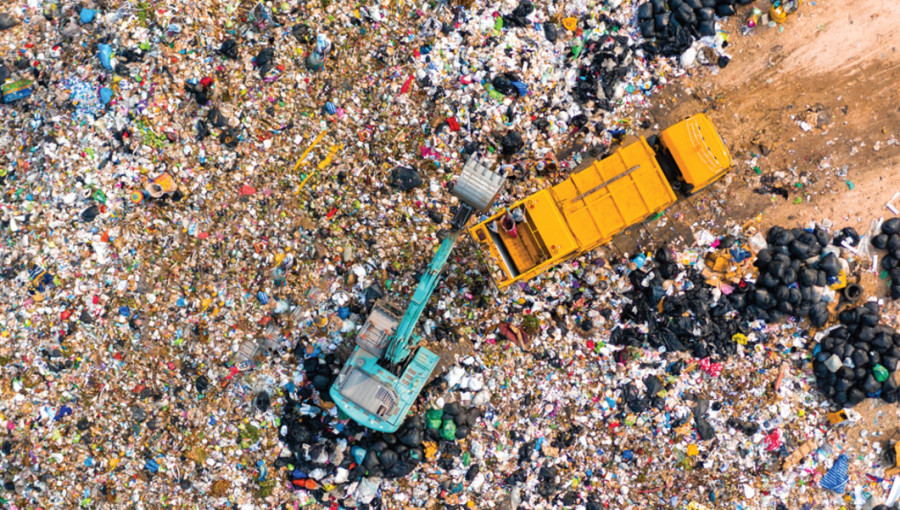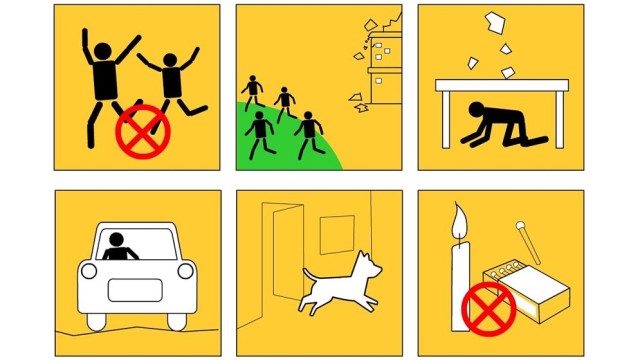Chittagong, Oct 18 (V7N)- In Bangladesh, the rapid expansion of public and private hospitals, alongside diagnostic centers, is contributing to a rising concern over improper waste disposal and its environmental impact. According to the Directorate General of Health Services (DGHS) 2019 Health Bulletin, there are currently 2,258 public hospitals, 5,321 registered private hospitals, and 9,529 diagnostic centers across the country. These facilities generate thousands of liters of waste each day, including blood, chemicals, and other hazardous materials.
On average, 5 to 10 milliliters of blood are taken for testing from each patient, amounting to thousands of liters collected daily. Unfortunately, most of this waste, including blood contaminated with pathogens, finds its way into local waterways via open drains, posing a severe risk of waterborne diseases.
Environmental Threat from Improper Waste Management
Healthcare facilities, both hospitals and diagnostic centers, frequently fail to follow proper waste disposal methods for blood and chemical waste. These substances are often dumped untreated into drains, rivers, and ultimately the sea, leading to dangerous levels of water pollution. The contamination of water bodies by pathogens from blood waste can spread diseases, while chemical reagents used in medical tests alter the physical and chemical composition of soil and water, causing long-term ecological damage.
Degradation of Soil Fertility and Aquatic Life
Polluted water used for irrigation diminishes soil fertility and disrupts the breeding environment for fish, threatening both agricultural production and fisheries. This dual impact on key resources poses a significant risk to the country's food security and livelihoods.
Steps to Combat Pollution
1. Adoption of Advanced Waste Management Technologies
Developed nations employ Effluent Treatment Plants (ETP) to treat healthcare waste effectively. In Bangladesh, the installation of such technology should be mandatory for every hospital and diagnostic center. Incineration and autoclave technologies can also be used to disinfect and safely dispose of medical waste.
2. Enforcement of Government Regulations and Environmental Laws
The government must strictly enforce environmental protection laws and healthcare waste management regulations. Regular monitoring by the Department of Environment and the Ministry of Health should be implemented to ensure compliance. Penal actions, including fines and legal measures, should be taken against institutions found in violation.
3. Raising Awareness and Providing Training
It is crucial to provide training to healthcare staff on waste management and blood disposal to reduce environmental pollution. Additionally, public awareness campaigns should educate citizens about the risks associated with improper waste disposal and its broader environmental impact.
4. Initiatives for Waste Recycling
Hospitals should implement systems to separate and recycle waste wherever possible. Scientific research should be encouraged to develop new technologies for recycling chemical substances used in medical tests.
The waste generated from hospitals and diagnostic centers has become a significant source of environmental pollution in Bangladesh, affecting not only human health but also aquatic ecosystems and soil fertility. By enforcing stringent regulations, adopting modern waste management technologies, and increasing public awareness, this pressing issue can be mitigated. Collective efforts will ensure a cleaner, safer environment for all.
END/ABZ/AJ































Comment: